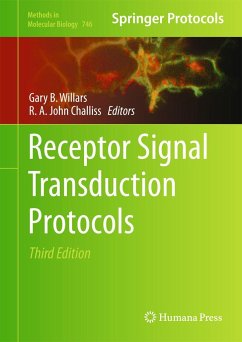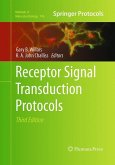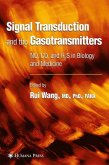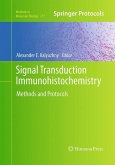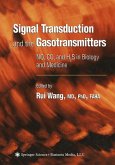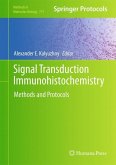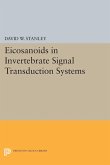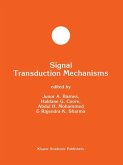As our understanding of G protein-coupled receptor (GPCR) signal transduction continues to grow, we cannot help but be struck by the emerging complexity and the ability of this receptor superfamily to continually surprise us as new facets are discovered. In this third edition of Receptor Signal Transduction Protocols, the expert contributors have taken into account the constant evolution of the GPCR field and dealt with methods that allow researchers to address many of the important rising issues. Serving as a companion to the previous editions, this volume contains thorough revisions of some core chapters, the complete rewriting of others to encompass new technological developments since the publication of the prior editions, and the commissioning of brand new, cutting-edge chapters to expand on previous coverage. Written in the highly successful Methods in Molecular Biology(TM) series format, chapters include introductions to the respective topics, lists of the necessary materials and reagents, step-by-step, readily reproducible laboratory protocols, and tips on troubleshooting and avoiding known pitfalls.
Authoritative and up-to-date, Receptor Signal Transduction Protocols, Third Edition serves the scientific community with a broad collection of the current, practical methodologies in this highly promising field.
Authoritative and up-to-date, Receptor Signal Transduction Protocols, Third Edition serves the scientific community with a broad collection of the current, practical methodologies in this highly promising field.
From the reviews of the third edition:
"This is an extensive collection of established, new, and updated techniques for the study of the consequences of receptor activation. Each of the 26 chapters offers a specific recipe, with lists of required reagents and equipment, plus notes to aid in use of the protocol. ... This book would be most useful to researchers already familiar with fundamental molecular biological or biochemical laboratory techniques." (Kenneth E. McCarson, Doody's Book Reviews, February, 2012)
"This is an extensive collection of established, new, and updated techniques for the study of the consequences of receptor activation. Each of the 26 chapters offers a specific recipe, with lists of required reagents and equipment, plus notes to aid in use of the protocol. ... This book would be most useful to researchers already familiar with fundamental molecular biological or biochemical laboratory techniques." (Kenneth E. McCarson, Doody's Book Reviews, February, 2012)

